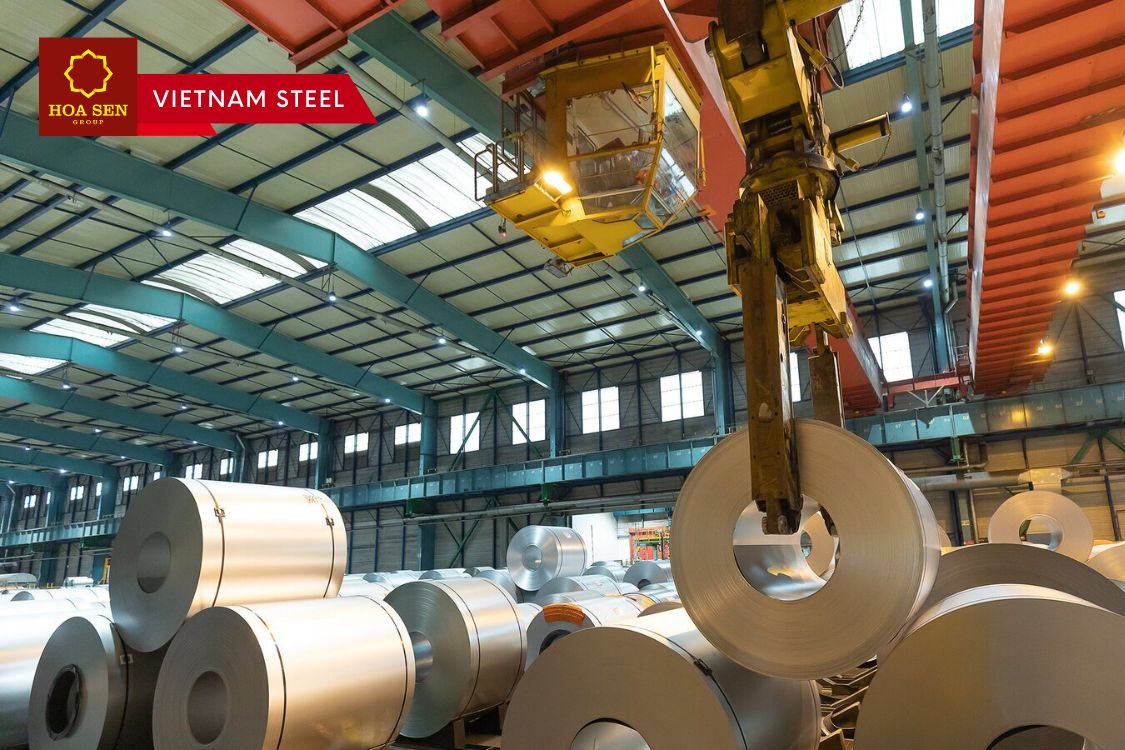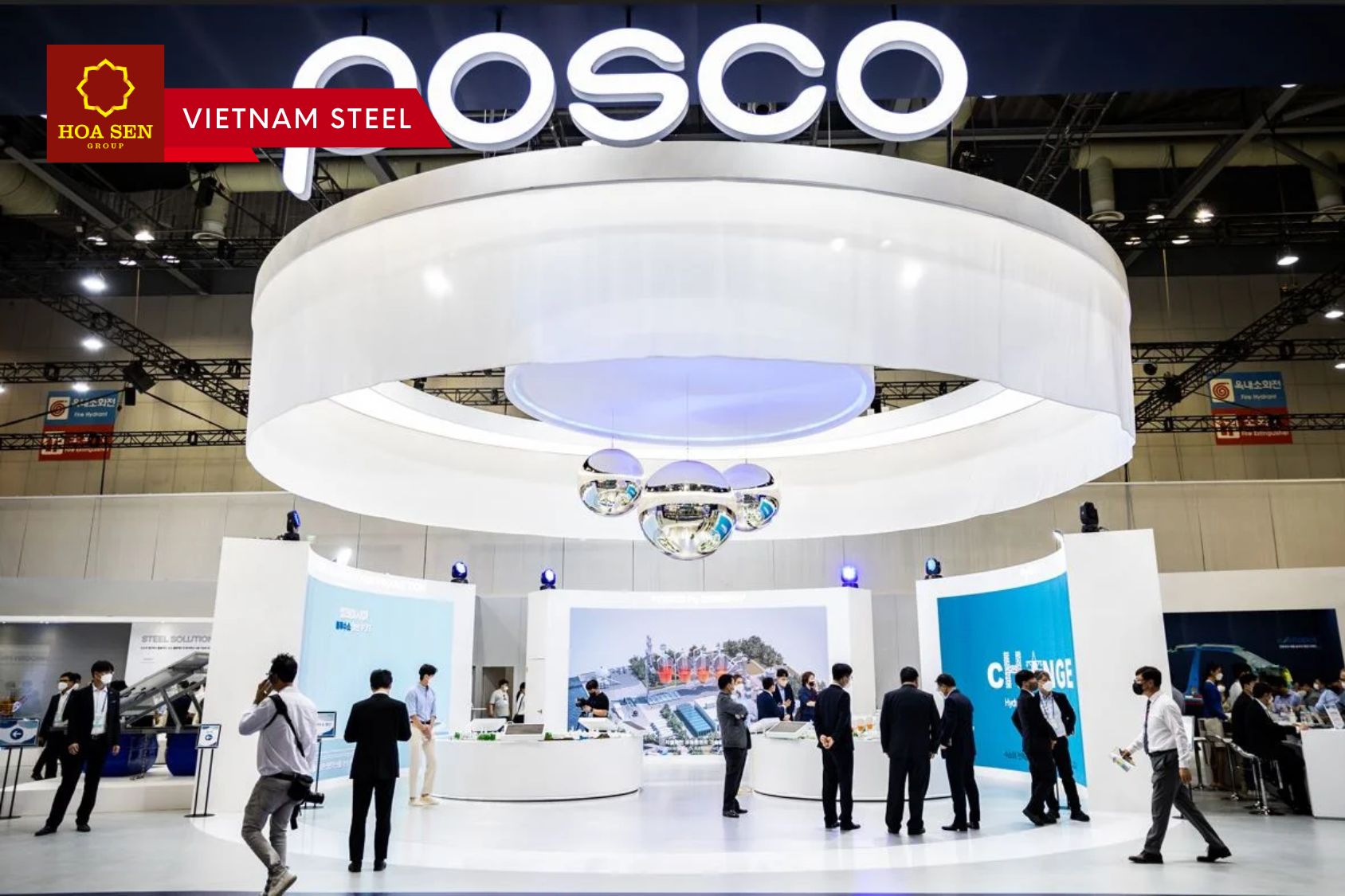Under EU State aid regulations, the European Commission has granted approval to a Belgian initiative worth €280 million aimed at supporting ArcelorMittal Belgium (referred to as 'ArcelorMittal') in partially decarbonizing its steel production processes. This measure aligns with the objectives outlined in the EU Hydrogen Strategy, the European Green Deal, the Green Deal Industrial Plan, and the REPowerEU Plan, while also contributing to reducing reliance on Russian fossil fuels and expediting the transition to a greener economy.
The Belgian measure entails a direct grant and a soft loan provided to ArcelorMittal, specifically to aid in the construction of a direct reduction iron plant. Alongside the establishment of a new electric arc furnace, this plant will replace one of the existing blast furnaces. Gradually, the reliance on natural gas within the steel production processes will be phased out, with renewable hydrogen being the primary energy source. Low-carbon hydrogen will only be used as a supplement when renewable hydrogen is insufficient.
The projected timeline for the plant's operation is 2026, with an estimated annual production of 2.3 million tonnes of low-carbon direct reduced iron. Upon completion, this project is expected to prevent the release of over 50 million tonnes of carbon dioxide. Furthermore, ArcelorMittal has committed to sharing the technical knowledge gained from this initiative.
The European Commission conducted an evaluation of the measure in accordance with EU State aid rules, particularly Article 107(3)(c) of the Treaty on the Functioning of the European Union (TFEU) and the Guidelines on State aid for climate, environmental protection, and energy 2022 (CEEAG). ArcelorMittal's project was chosen by Belgium through an open call in 2021 as part of an Important Project of Common European Interest (IPCEI) focused on hydrogen technologies and systems. As this measure aligns with the CEEAG by supporting greenhouse gas emission reduction and decarbonization projects, it was deemed appropriate for assessment under these guidelines.
The Commission's findings are as follows:
- The measure supports the development of an economic activity, specifically the production of green steel, while aligning with key EU policy initiatives such as the European Green Deal, the EU Hydrogen Strategy, the Green Deal Industrial Plan, and the REPowerEU Plan.
- The aid has an 'incentive effect' since the beneficiary would not undertake the investments required for green steel production without public support.
- The measure is necessary and suitable for promoting green steel production, and the level of aid corresponds to the actual financing requirements.
- The measure includes adequate safeguards to prevent undue distortions of competition. For instance, if the project proves highly successful and generates additional net revenues, the beneficiary will reimburse part of the aid received (claw-back mechanism). Additionally, the beneficiary will share the technical knowledge acquired through the project. Lastly, the project will undergo monitoring to verify its progress towards goals related to CO2 emission reductions, phasing out natural gas, and adopting renewable hydrogen.
- The positive impacts resulting from the aid outweigh any potential distortions of competition and trade within the EU.
Based on these assessments, the Commission has granted approval for the Belgian measure in accordance with EU State aid regulations.
Vietnam Steel by Hoa Sen Group

